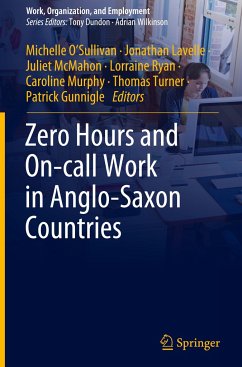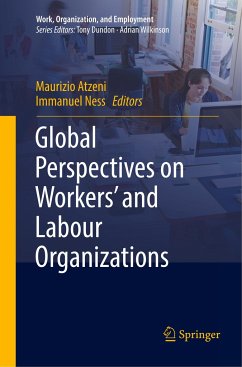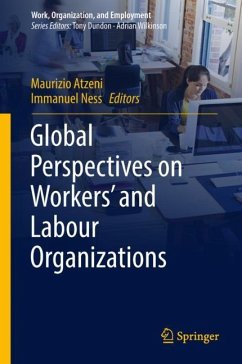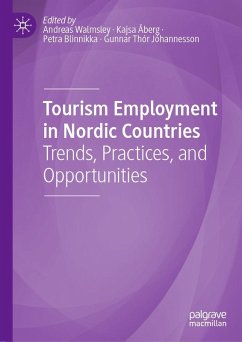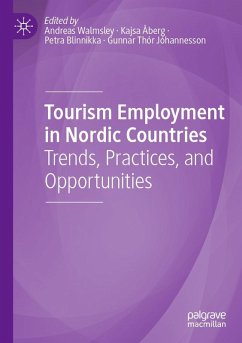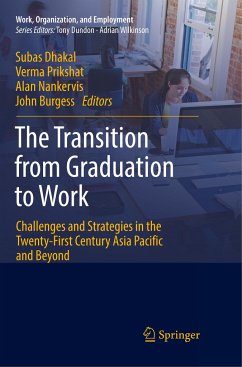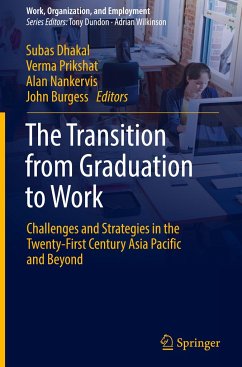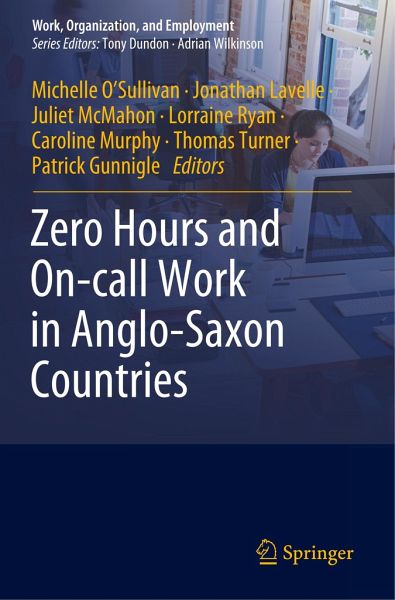
Zero Hours and On-call Work in Anglo-Saxon Countries
Versandkostenfrei!
Versandfertig in 6-10 Tagen
76,99 €
inkl. MwSt.

PAYBACK Punkte
38 °P sammeln!
This book focuses on zero hours and on-call work as an extreme form of casual and precarious employment. It includes country studies of the USA, Canada, Australia, the UK, New Zealand and Ireland, where there has been increasing concern about the prevalence of such work, and working time uncertainty, as well as varying levels of public policy debate on regulation. The book incorporates a comparative review of zero hours work based on the findings of the country studies. This pays particular attention to state regulatory responses to zero hours work, and incorporates the sociological concepts o...
This book focuses on zero hours and on-call work as an extreme form of casual and precarious employment. It includes country studies of the USA, Canada, Australia, the UK, New Zealand and Ireland, where there has been increasing concern about the prevalence of such work, and working time uncertainty, as well as varying levels of public policy debate on regulation. The book incorporates a comparative review of zero hours work based on the findings of the country studies. This pays particular attention to state regulatory responses to zero hours work, and incorporates the sociological concepts of accumulation and legitimation functions of the state.
Exploring the regulation of zero hours work beyond individual countries, the book includes an analysis of external regulation of zero hours work at the supranational level, namely the European Union and ILO.
Further, it assesses the implications of zero hours for workers in new sectors ofeconomic activity, particularly the impact of the platform or 'gig' economy on the fundamental nature of the employment relationship. It also considers the societal implications of zero hours work and the ethical responsibilities of employers and governments towards workers as citizens.
Exploring the regulation of zero hours work beyond individual countries, the book includes an analysis of external regulation of zero hours work at the supranational level, namely the European Union and ILO.
Further, it assesses the implications of zero hours for workers in new sectors ofeconomic activity, particularly the impact of the platform or 'gig' economy on the fundamental nature of the employment relationship. It also considers the societal implications of zero hours work and the ethical responsibilities of employers and governments towards workers as citizens.



